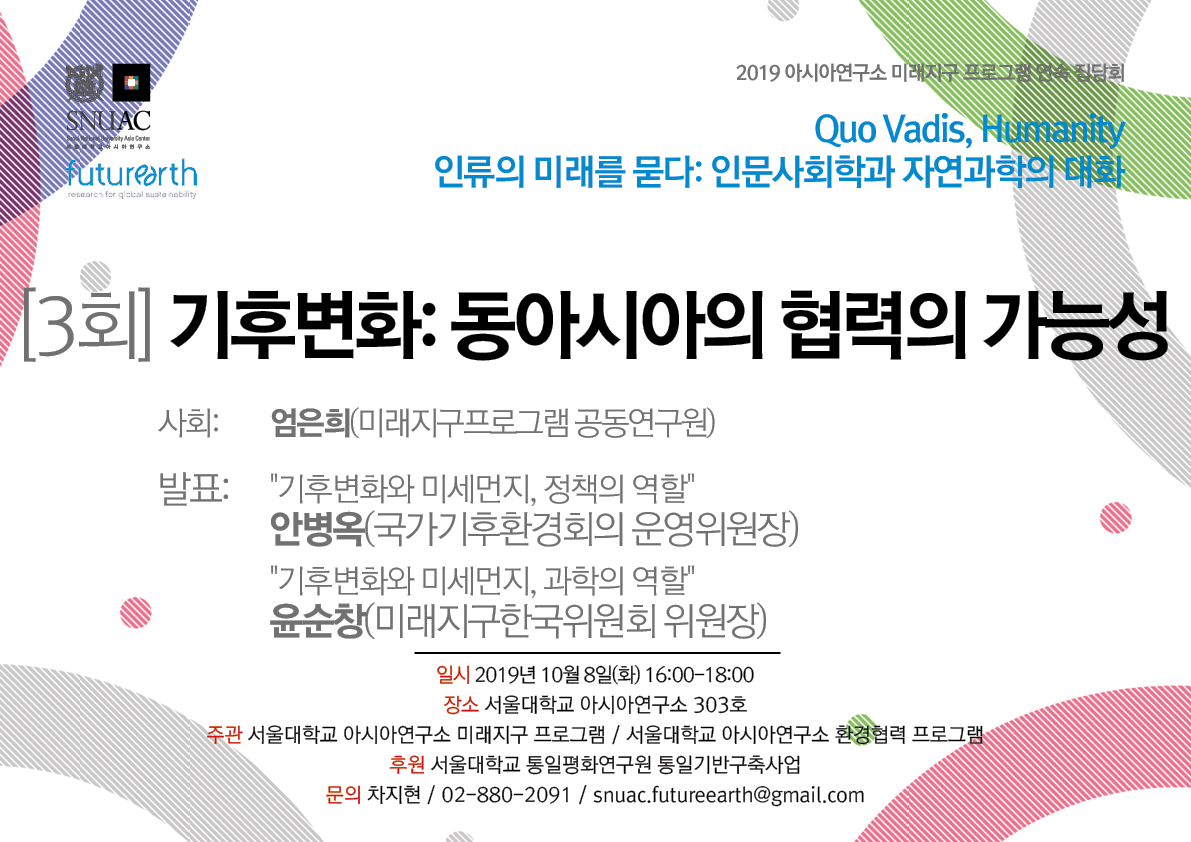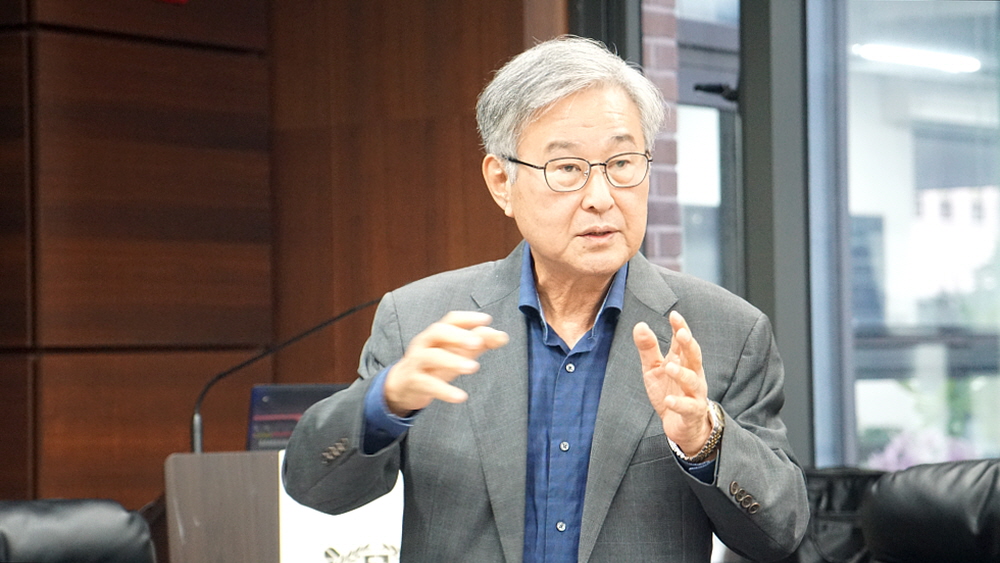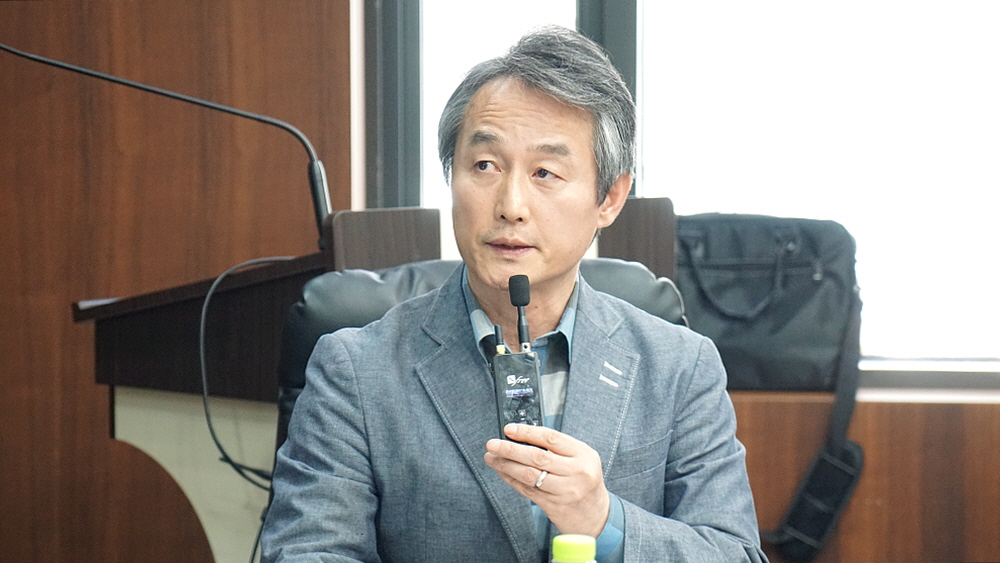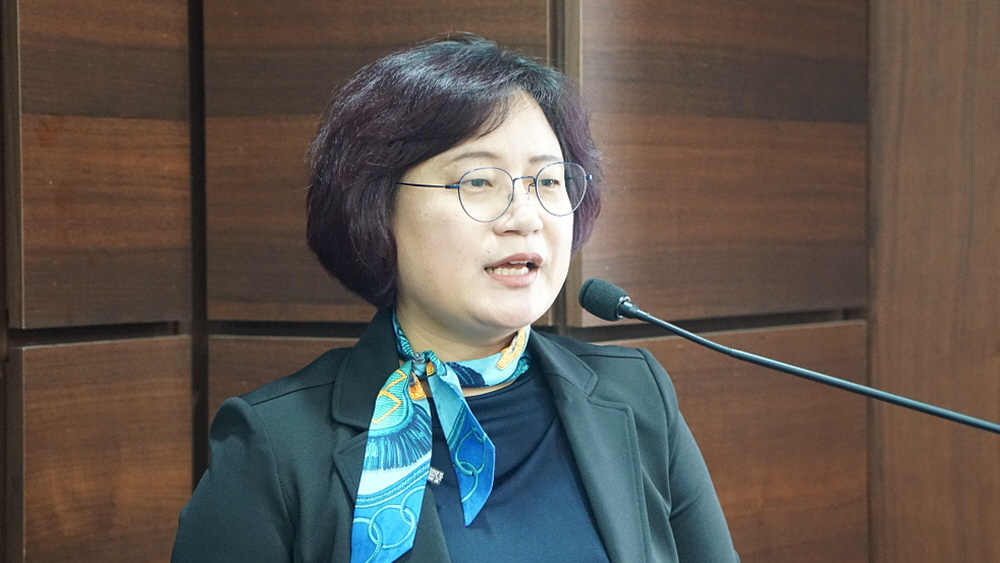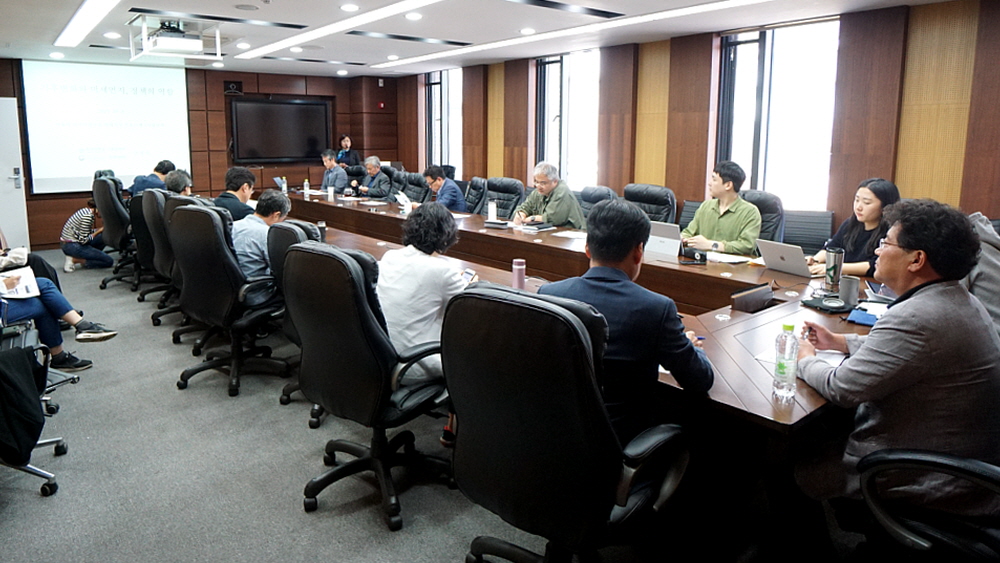Climate Change: A Possibility for East Asian Cooperation
- Date: October 8th, Tuesday, 2019 16:00-18:00
- Location: Room 303, SNUAC (Bldg. 101)
Quo Vadis, Humanity: The Talk between Humanities and Physical Science
SNU Asia Center, that initiated Future Earth Korea, will hold a conference to improve intellectual and behavioral capabilities to prepare for humanity’s global challenge, ‘Unsustainability.’
This conference was planned to discuss humanity, the future of the Earth, peace in the Korean peninsula and its sustainability, roles of science and policy as physical scientists and scholars of humanities gather.
The upcoming conference on ‘Climate Change: A Possibility for East Asian Cooperation’ will be facilitated by Eunhui Eom (co-researcher, Future Earth program) and proceeded with presentations by Byeong Og An (Head of Operation, National Council on Climate Change and Air Quality) and Soon-chang Yoon (Chair, Future Earth Korea National Committee) on Tuesday, October 8th.
Please RSVP: snuac.futureearth@gmail.com
Future Earth Program invited Byeong Og An (Head of Operation, National Council on Climate Change and Air Quality) and Soon-chang Yoon (Chair, Future Earth Korea National Committee) on October 8th to examine climate change and fine dust from aspects of policy and science.
Dr. Byeong Og An identified the social factors that make the public complacent about climate change to be the psychological distance, an amplifying tendency of some skeptics, and the environmental melancholia, and explained about the major causes of fine dust. He pointed out the blind spot of technocentrism in the overall issue of climate change and fine dust, emphasizing the importance of policies that enable integrated management of climate-air-energy.
Professor Soon-chang Yoon introduced scientific resources on global warming due to climate change and fine dust. Though there is uncertainty in the scientific data, he presented researches that support the ideas of increased carbon dioxide concentration and temperature due to climate change, and global warming due to fine dust. Also, he presented an opinion agreeing with Dr. An that climate change is an issue that is unlikely to be solved with science only, and emphasized that the fields of humanities and social sciences, NGOs and international organizations such as Future Earth must jointly solve the problem.
Based on the two presentations, participants continued to have a heated discussion on whether there are differences in the levels of awareness on the issue of climate change between humanities & social sciences vs. natural sciences, citizens vs. government, and the Ministry of Environment vs. Ministry of Economy and Finance.

